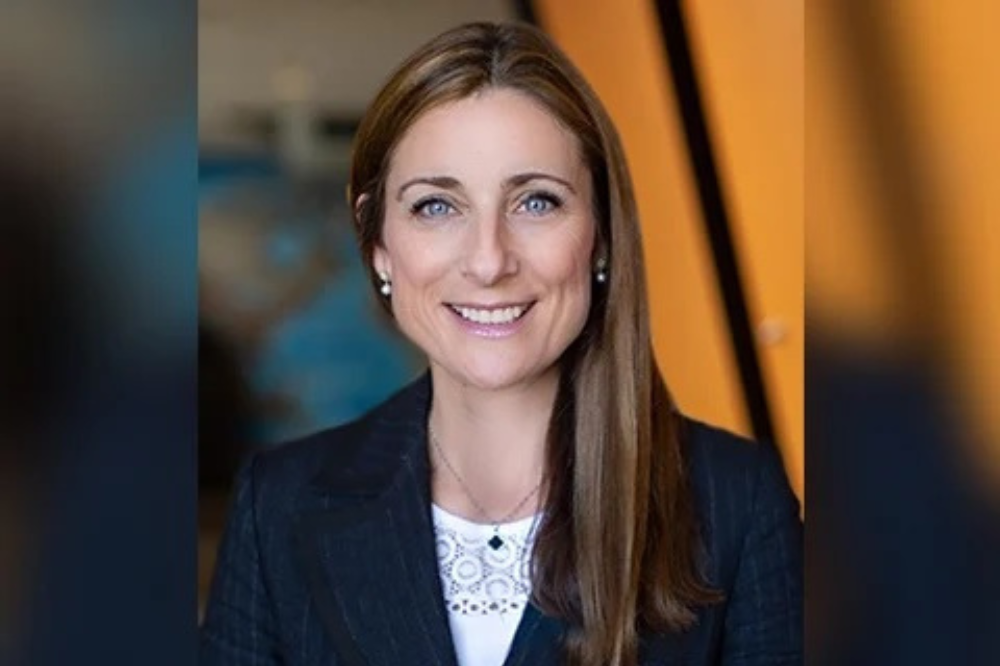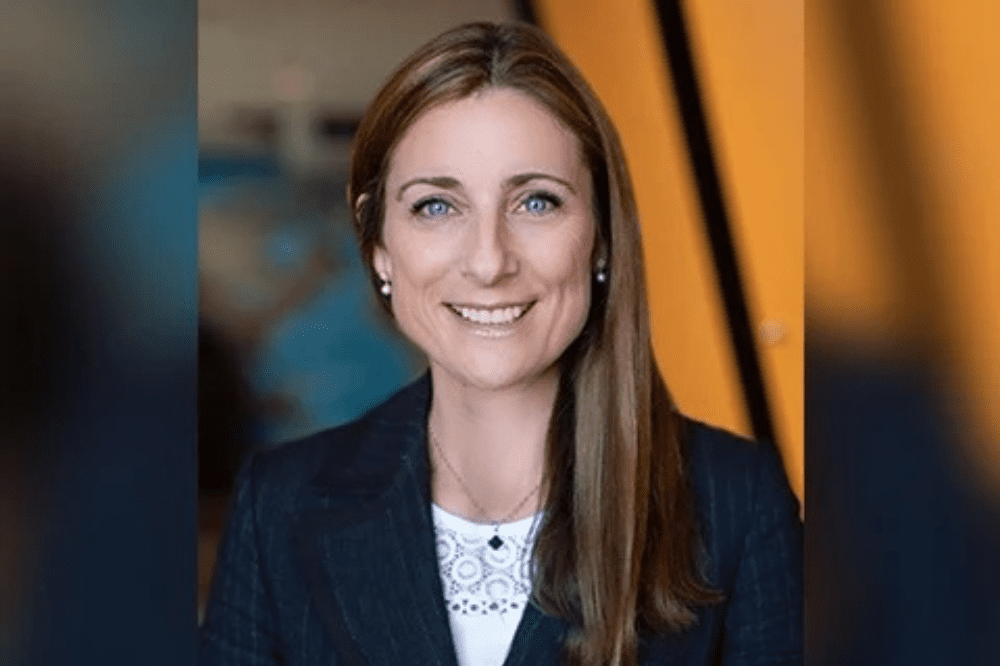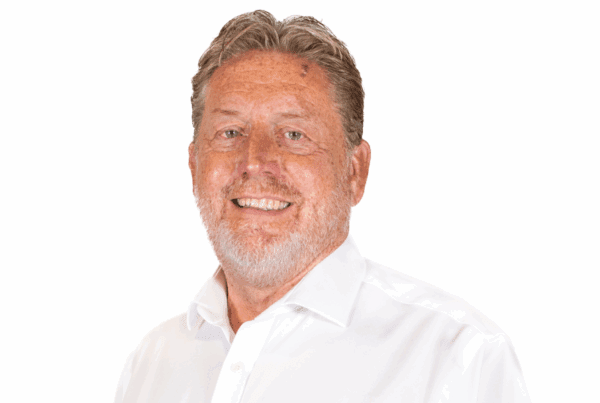
Read more: Auto salvage agent Copart UK swoops for green parts specialist Hills
Discussing the deal which was announced last month and is subject to approval by the CMA, Pocock noted that the thought process behind the acquisition was based on the same question asked of all the business’s strategic decisions – what do our insurance customers and partners want from us?
“We are quite strong in this market segment,” she said. “And most of our customers were saying ‘we love what you do on the salvage side but – following Brexit, Ukraine, COVID and with the cost of everything going up and with so many environmental factors to consider – can you also do green parts for us?’
“They were also very much aware that there isn’t too much succession planning going on in the green parts industry… so they were questioning how to future-proof this part of the sector. And it’s not just about insurance repairs or bodywork repairs, it’s also about second life for engines and mechanical repairs.”
After assessing the market, Hills Motor was quickly identified as a strong fit, both culturally as the two firms share similar values and digitally-focused mentalities, but also geographically as the acquired firm’s location between two industrial hubs – Manchester and Liverpool – made for a great match. It’s a complementary addition, she said, and the news has resonated very well with Copart’s customers.
“Our ethos is ‘they ask, we deliver’,” Pocock said. “And that’s been the secret to our 40-year success so far – it’s our innovation. We’re incredibly innovative. We’re a listed company that is run like a family business. We make sure there are no politics, we just make instant decisions and deliver. And those dynamics are what excites me most about working here.”
Given the financial turmoil being experienced by so many across the UK right now and the increased spotlight that has been shone on ESG practices, it’s little surprise that green parts are having their moment in the sun. But Pocock highlighted how important it is that companies all across the auto value chain keep the green parts initiative in the spotlight and make sure it is built for the long haul.
“We will 100% be using our marketing machine to educate people more and more about the benefits of green parts,” she said. “Because some of the smaller businesses haven’t had that platform. We will absolutely be able to sell to our repairers and to mechanical repairers and a much wider audience. So, we’ll be doing our bit to promote reuse and recycling.
“And we’ve started to overcome that COVID blip of parts availability with manufacturers getting production back on track. But while some of that emergency piece is over, the education and changes that have come about post-COVID are here to stay. I think future generations are demanding more, because they do want to preserve the planet. So, I do think younger people will be more accepting of having used parts fitted to their vehicles as they are less materialistic in that way.”
The green parts initiative is an integral element of the wider ESG programme, she said. There’s the environmental aspect of saving carbon every time you reuse a part, and preventing more raw materials from being used. And also, repairing cars rather than disposing of them is a much more sustainable way of doing business. At Copart, 70% of its cars are repaired while 30% are recycled, so promoting the value of taking a sustainable approach to the auto sector is critical to Pocock’s ambitions as a leader in the space.
Once the acquisition of Hills Motor is fully signed and sealed, the next step will be integrating the business into Copart, she said, and she’s looking forward to working with the teams involved in that piece. Continued growth is high up on her strategic agenda for the year ahead, with Copart planning to expand its fleet of vehicles and move into electric vehicles.
“We’re looking at how we can constantly enhance our business and streamline what we do because we know the insurers are under huge price pressure with premiums and with claims costs,” Pocock said. “We work really hard to see what we can do to benefit them through our part of the process. And further M&A is definitely on the cards, as is organic growth and expansion.
“We’re also currently going through a process of looking at solar energy and planting trees. We’ve already got 120 acres of green space in our portfolio so we’re looking at how we can create more biodiversity in our own green space. And having completed it myself, we’re now putting all our staff through carbon literacy training as well… So really, everything is on the agenda. The one thing we don’t do is slow down.”




